Ashley Gorley feels like a teenager. He’s piecing together songs from the bottom up, and like some strange flashback to his younger years, he has found himself writing in his bedroom again.
Videos by American Songwriter
When the coronavirus pandemic hit, Gorley, his wife, and kids were already in Florida and decided to self isolate in place instead of returning home Nashville. Holed up in the sunshine state, Gorley is still working, talking and writing for artists each day, but it’s a departure from the more communal writer sessions he’s become accustomed to over the years.
Locked down, he’s had to return to his roots, writing songs on his own from scratch, just like the early days. “I’m back to being in the bedroom, or trying to think of an idea, or walking around the street, or riding my bike like a kid,” Gorley tells American Songwriter. “It’s like I’m 18 all over again and figuring out the melody and lyric and getting right back to the core of the song, because there’s no time. Nobody wants to waste time on video conferences, so songs are really different. It’s really interesting.”
Face-to-face or offline with an artist, Gorley has it covered. It’s what he does—and why he has earned nearly 50 No. 1 hits to date.
As of press time, Gorley has hit 48—his most recent No. 1 with Brett Young’s “Catch.” Additionally, Gorley has managed to earn consecutive Triple Play Awards. Typically given to songwriter who reached three No. 1 hits in a year, Gorley has earned consecutive “triple triple play” for nine No. 1 songs back-to-back, for a total of 15 to date, and received seven ASCAP and eight ACM Songwriter of the Year awards.
Everything started with Carrie Underwood’s 2005 Some Hearts hit “Don’t Forget To Remember Me,” Gorley’s first number one. Post Underwood, Gorley went on to work with dozens of country’s top artists including Brad Paisley, Tim McGraw, Blake Shelton, Kenny Chesney, George Strait, Keith Urban, Darius Rucker, Martin McBride, Rascall Flats, Trisha Yearwood, and Thomas Rhett, Reba McEntire, and Sam Hunt.
When he started out, music was a creation. He’d remix songs from the originals, and by the time he was 16, he wrote his first proper country song. When he was studying at Belmont University in Nashville, Gorley would work on campus showcases, offering up a song or two that he wrote to local artists.
Remixing and producing music was the root of his real obsession: the song. “I don’t do tracks or any of that anymore,” says Gorley. “I just figured out that I was strongest at melody and lyric, and people were way better at production than me. So I started concentrating on top line melodies and lyrics from college forward.”
At one point, Gorley almost moved to Los Angeles. Growing up in Kentucky, Gorley remembers the three-hour ride to Nashville was like going to Paris. “That was definitely the equivalent of going to LA for me,” says Gorley. “I thought about going to LA, because I love pop and rap music, and a lot of other genres I came up doing, but Nashville was kind of a safer place with a music business degree in my mind.”
After school he chased his career in Nashville without any Tennessee connections, and literally started from the bottom up, on his own. “I didn’t know anybody in the state of Tennessee,” he says. “My family’s not really musical. We weren’t all sitting around a piano. Growing up, I did all that [music listening] on headphones in my bedroom. I fell in love with everything. Later on, I was able to get some songs recorded by people like Randy Travis, George Strait, and Reba McEntire.”

In 2000, Gorley was signed by Combustion Music and Windswept in 2001, and is still connected with Warner Chappell.
He admits that he can’t read music, and he’s not really a singer. “I’m a songwriter,” says Gorley. “I’m not somebody that wanted to be an artist, and it didn’t work out. For a lot of people, they have that in their blood, but I just always wanted to be behind the scenes. I just wanted to help provide the groundwork for something amazing for artists and always appreciated the song.”
In 2011, Gorley expanded his writing scope, launching his publishing company Tape Room Music, which has already churned out 21 number hits.
“I’m constantly motivated by hearing new songs and thinking ‘wow, this is great. I can send those out,’” says Gorley. “It keeps the plate spinning. It’s just the right amount of distraction, and I just love songs and music so much that I’m tearing into a new music all the time and will hear something that I think is inspiring, regardless of genre or anything else.”
At Tape Room, there’s a blend of producers, writers, and artists and others without record deals. “We have it split evenly that way, so that helps as far as the angle of what we’re trying to accomplish with them,” he says. “We have some gravity there, so that keeps us on our toes.”
Starting out with two or three writers, Gorley says the current team of 10 works so he can give individual attention to each person.
“We don’t want to sign more people until we’re batting a thousand with the people we have,” says Gorley. “It takes a lot of time to really invest in everyone and to care enough to tell somebody when, and why, their song sucks and what’s missing from it. We’re really precious about this, and the work we put into each individual writer, so we don’t want it to get too big.”
Tape Room is the perfect creative stimulation for Gorley. “I’m getting to use both sides of my brain sometimes,” he says. “I make myself crazy with that, but I really have a passion for mentoring and coaching. I’m able to do that part of the time and also just be a writer. It’s like I’m 16 and figuring it out again at the same time. So that’s kind of the balance I’m trying to strive for.”
Pandemic or not, Gorley hasn’t stopped. Despite the current shutdown, Gorley is trying to keep his writing process as regular as possible. The end result: writing the best song that they can come up with in a session that day. Genre-wise, he pulls from everywhere. Gorley grew up devouring hip-hop and pop—and will tap into anything in between. “I can listen to Prince and ’90s R & B, early 2000s pop, and can pull from all those when I’m writing,” he says.
When entering a writing relationship, every artist is a completely different experience, so whenever possible, Gorley likes to spend a few consecutive days with them, whether it’s a retreat with Kelsea Ballerini, playing basketball with Sam Hunt, or going out on tour with Thomas Rhett.
“Thomas Rhett writes differently than Sam Hunt, and he writes differently from Carrie Underwood, and their process, the way we generate ideas, it’s all different,” says Gorley. “The goal is always the same: to get something that they like so much that they can’t help but record it, and that moves them in some way. We attack it from all angles, so that keeps it interesting and fun for me.”
When thinking of his nearly 50 No. 1, Gorley doesn’t. It’s not something that is top of mind when writing. Hit songs were never the end goal for the writer. “Unless it’s a show or an interview or something like that, I don’t talk about it,” says Gorley. “It was never, ‘once I get to whatever number, I’ll just turn it off or quit,’” he says. “I love the numbers, because I love stats, like sports, but I really just enjoy making a lot of songs with different artists.”

Still humble after more than 20 years in the business, Gorley sometimes can’t believe where he is today. “It’s still so impossible in my mind to just get somebody to like something I write,” he says. “So these are all minor miracles to me. I’m constantly writing with new guys and trying new things and learning how to do things better.”
He’s working on new stuff with Thomas Rhett, and was set to go on tour with him and his producer Jesse Frasure prior to the coronavirus pandemic. Gorley, who was heavy into and freestyle music in the seventh and eight grade, was going to open for Rhett as a DJ, playing ’90s Hip-Hop.
“We’ve done it one other time, and it was like dream come true,” says Gorley. “I felt like a teen the whole time, because I did that through middle and high school. Then, we would write during the day. That was like my perfect scenario because we spent a lot of time together and got to write really meaningful as well as fun light songs.”
Pandemic or not, Gorley is working with everyone, every day, including Cole Swindell, Jake Owen, and Conner Smith. At Ballerini’s recent writing retreat in Florida, which Gorley says was literally two doors down from where he’s staying now, he co-wrote “hole in the bottle” with Ballerini, off her recent, self-titled album; the two previously worked together on Ballerini’s second release, 2017’s Unapologetically.
Time permitting, Gorley says he likes doing writer’s retreats, because it’s the perfect opportunity to bond and write.
“I love a three-day retreat where you’re living with the people,” he says. “You get to know them, their life, learn about them as a person and that stuff sneaks its way into the song.”
Prior to the Covid-19 outbreak, Gorley met up with Charlie Puth in Los Angeles and is excited about a few upcoming pop collaborations. “He’s a musical genius,” says Gorley. “He’s the guy where I’m playing cool chords and then he plays him back better.”
Billie Eilish would be a another dream collaboration, but Gorley jokes that the sibling songwriting duo, including her brother Finneas, probably don’t need him in the room.
“That would be great, but I have a healthy respect for the people like Luke Combs, Eric Church, who I know, but I don’t chase that down, like, ‘oh, you know what you need, my influence on this song,’” laughs Gorley. “They have their own thing, so I’m just going to appreciate that. I’m in a place now where I don’t feel like I have to chase, but I’m down if any of them wanted to write tonight.”
Right now, Gorley is interested in getting his hands into everything—some non-music and educational project, and anything where he can help mentor others. Tape Room has been the perfect portal for this mentorship in writing.
“It’s not really a goal of mine to find 30 or 50 writers,” he says. “It’s more about seeing my writers get their first number one. There’s something special when one of your writers are just trying to go from an apartment to a house. or trying to go from being single to married, and you can write a song with them, or you can help influence them in a way that changes their life.”
Country is a huge part of his roster, but says he’s thankful it has crossed other genres throughout the years. “I’ve hopefully been a part of that,” he says. “I’m not leaving country behind. There’s always an authenticity and a storyline and a lyrical jargon that is specific to people that grew up that way.”
He adds, “It’s a real balance because you want to challenge yourself to get to have your songs heard by as many people as can hear them, but also not get caught up in chasing numbers that nobody really cares about. At the end of the day, in my opinion, people just care about the song.”
Writing daily, Gorley is laser focused on the next song. “There’s a magic in that, that’s hard to beat,” says Gorley. “When you don’t even know that you’re writing somebody’s career song or somebody’s single you see them playing at a show a couple of years later. I love that.”
He adds, “I still want to chase out an idea. It’s just in my blood. I’m going to keep doing it until it starts to be a chore. Right now, I still get butterflies.”

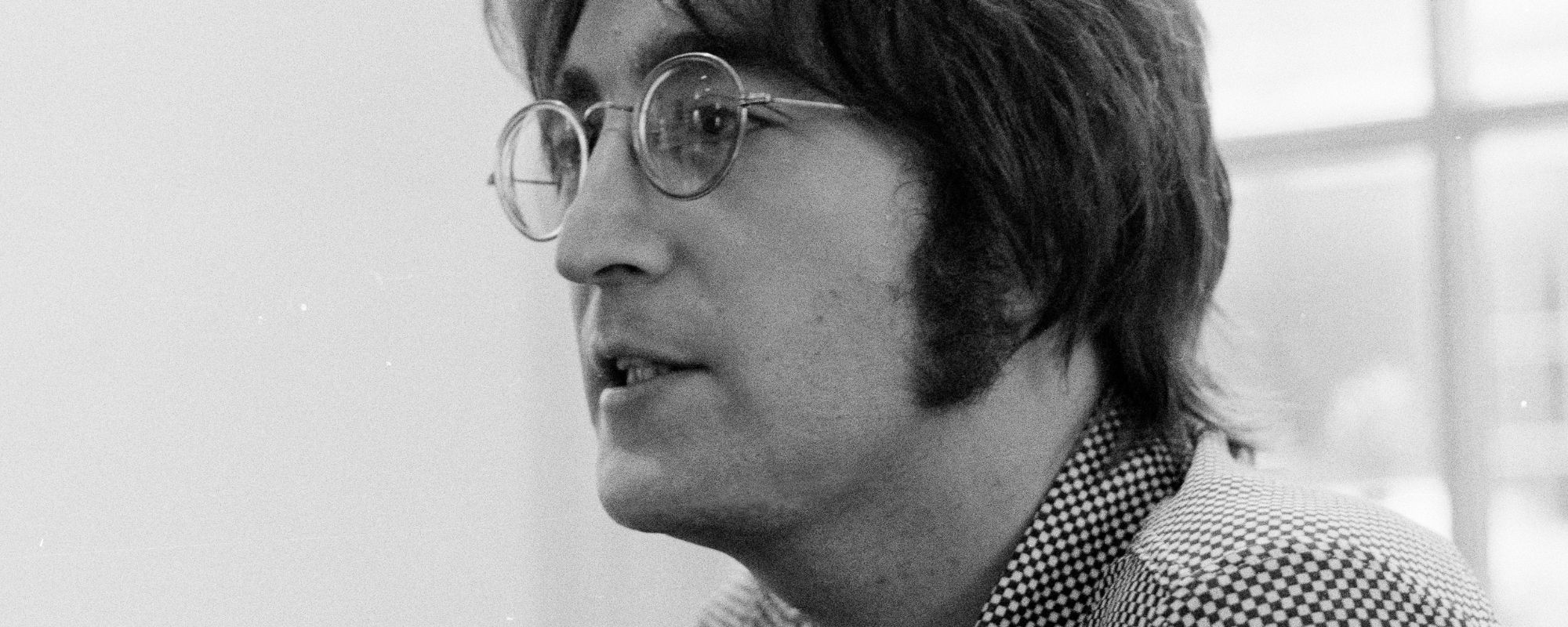
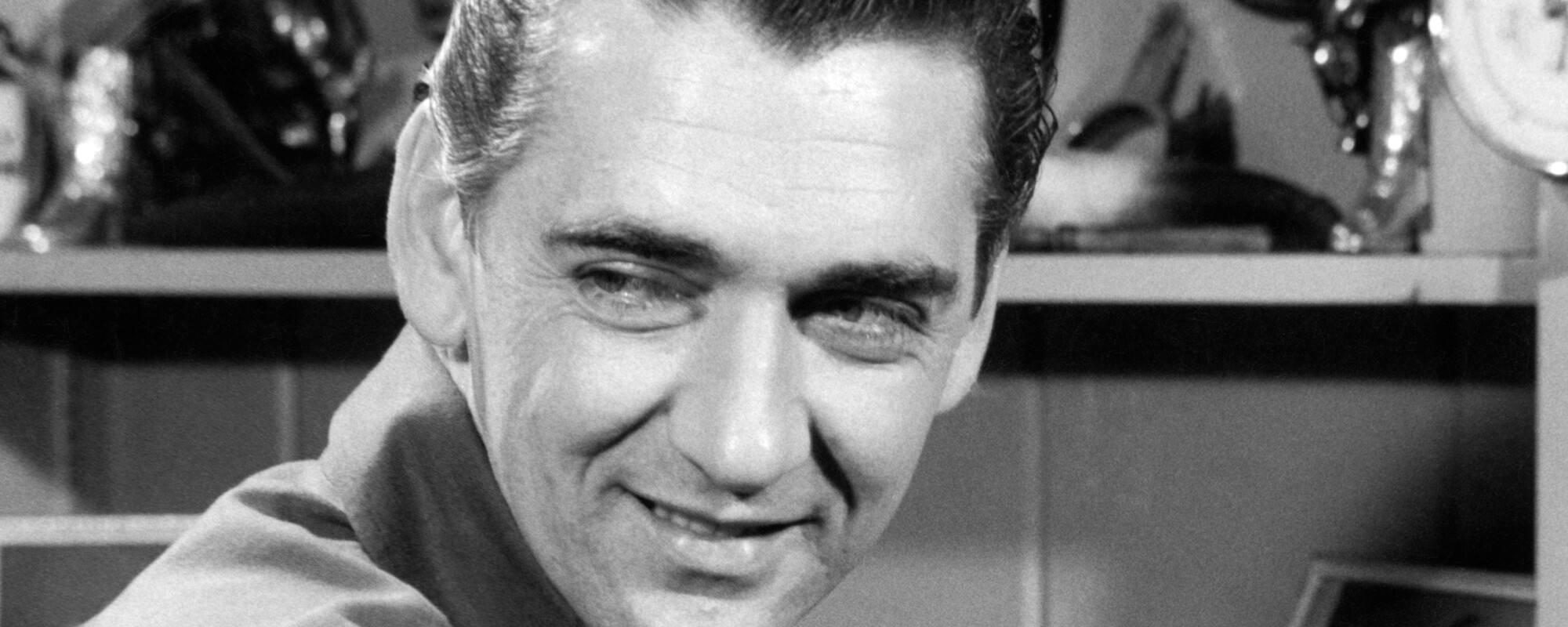

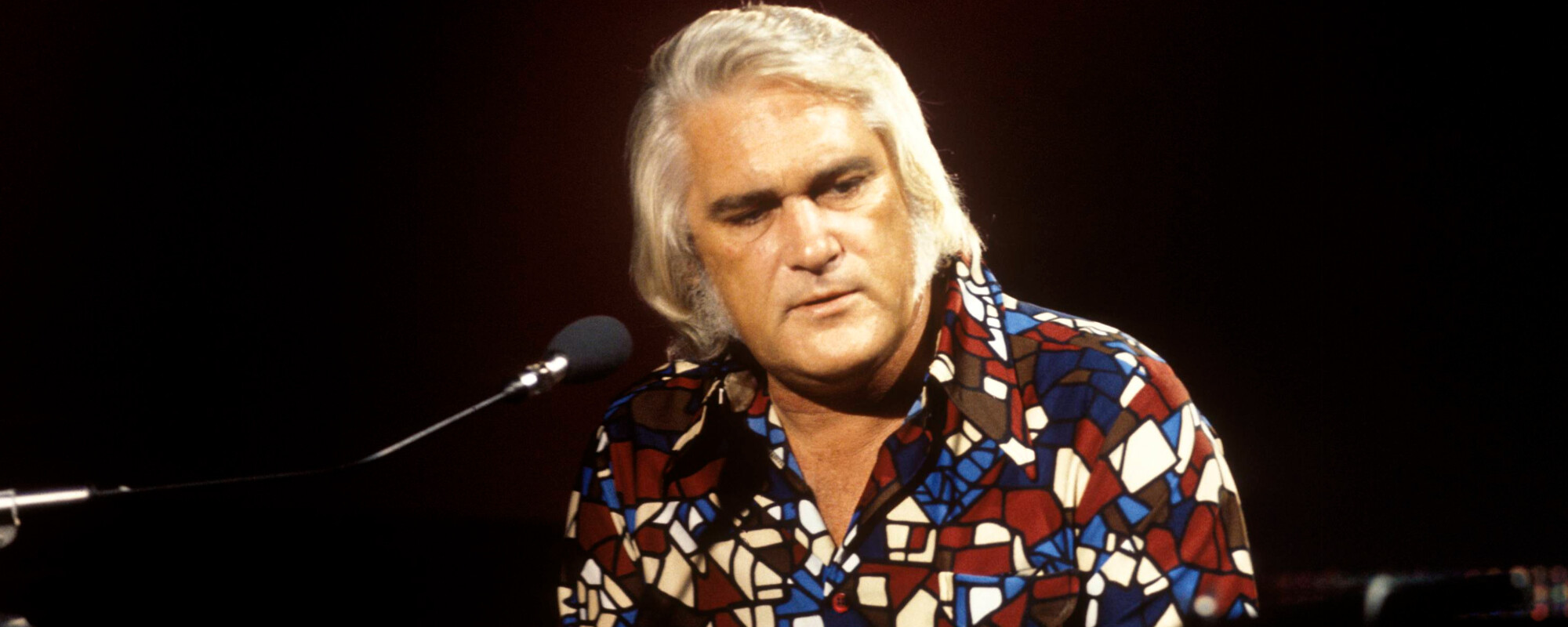

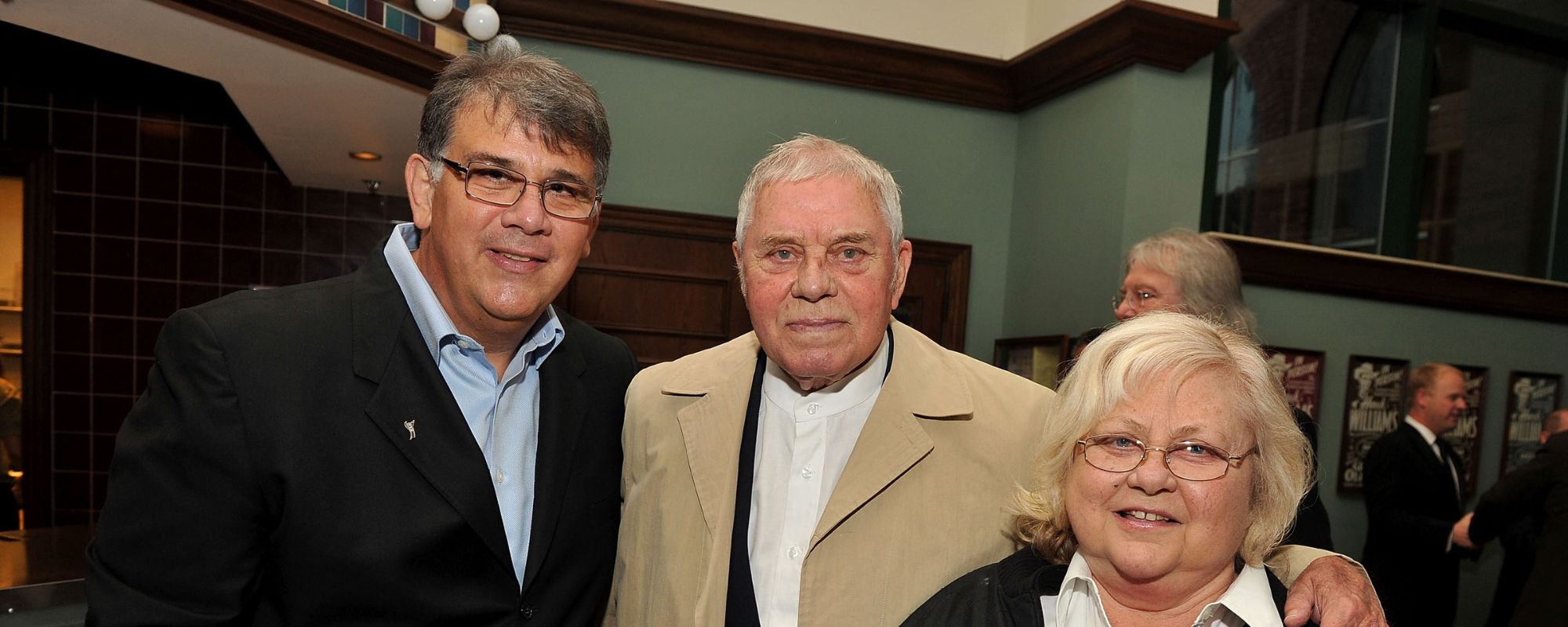


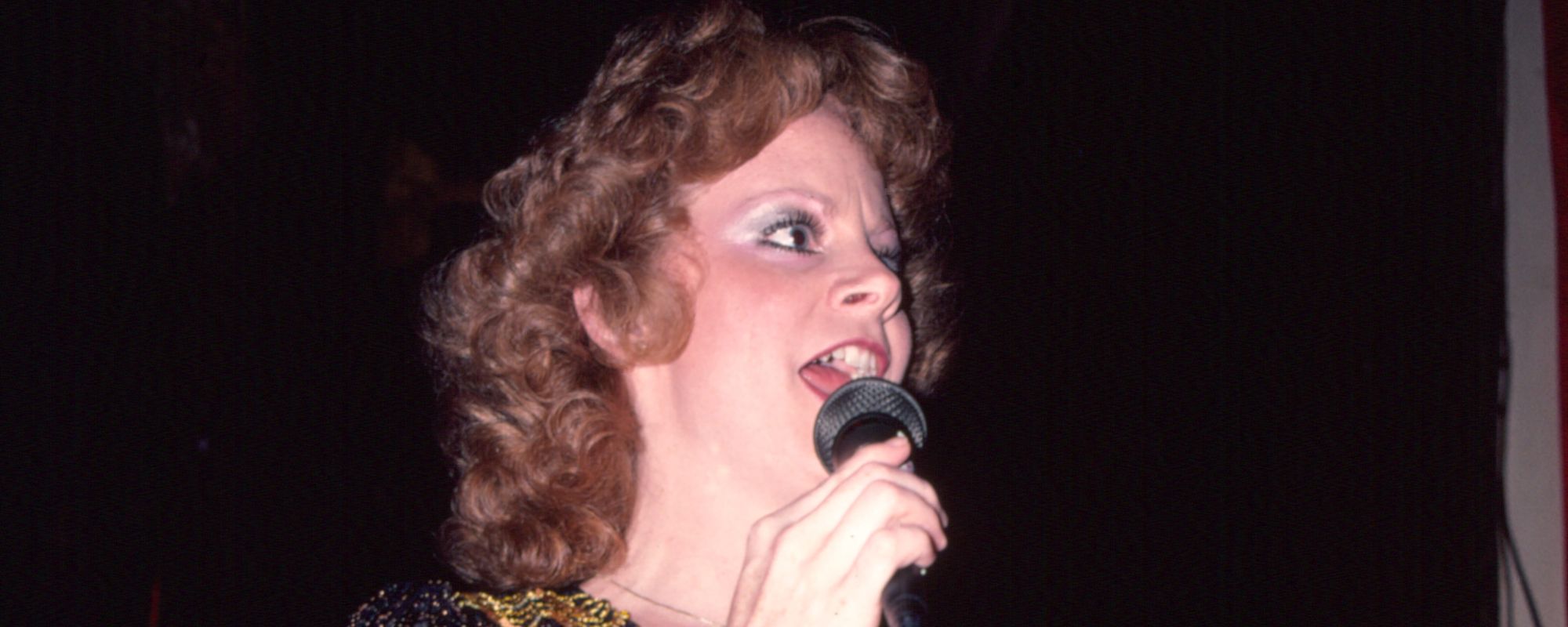
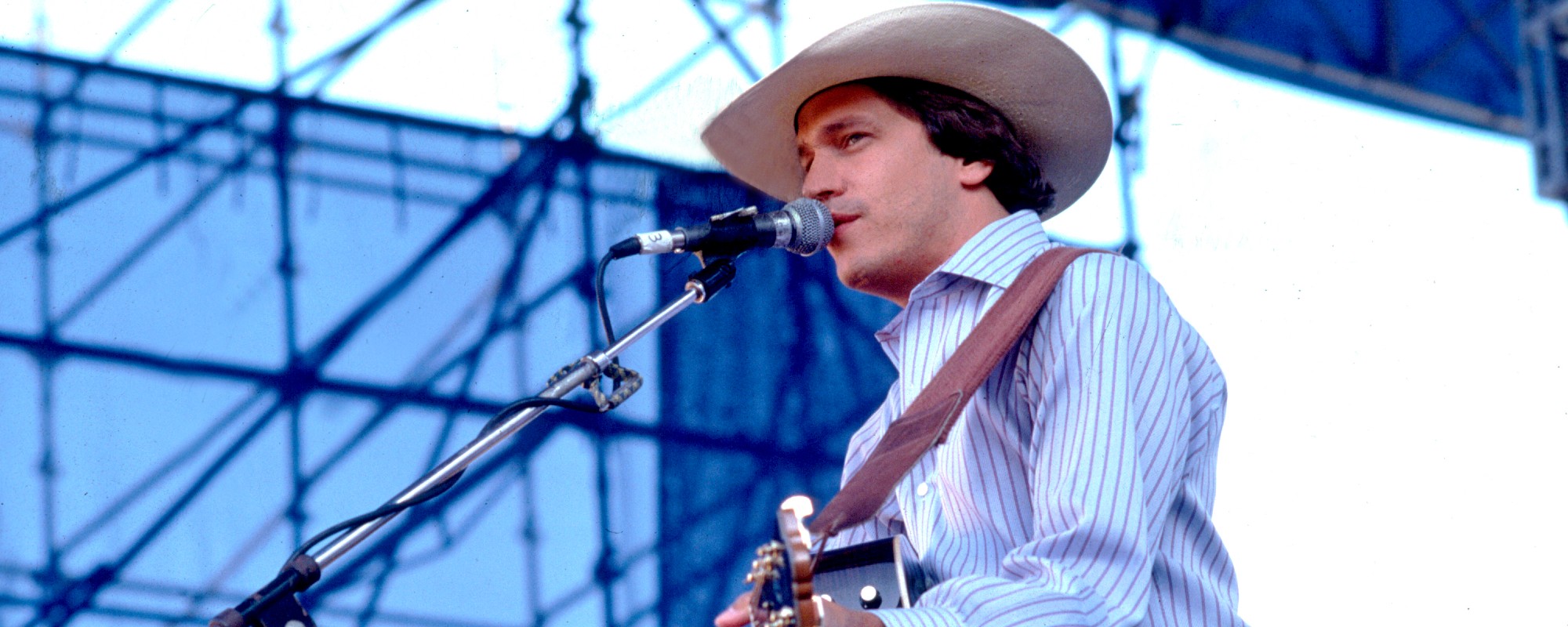


Leave a Reply
Only members can comment. Become a member. Already a member? Log in.